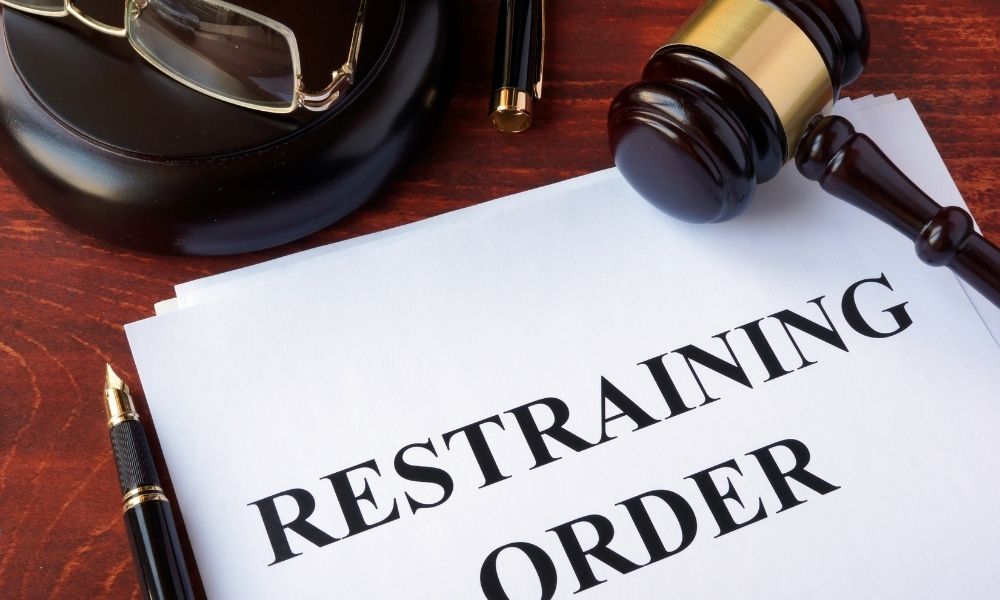What Happens if I Get Arrested for a Restraining Order Violation?
When a person has been charged with domestic violence or stalking, the victim may get a restraining order against the offender. A restraining order means that the offender cannot have any contact with the victim. This means that they cannot physically be around or communicate with them in any way. The offender cannot stalk, harass, threaten, or assault the victim.
A restraining order can affect a person in many ways. They will not be able to go to certain places or do certain things. For example, the person may have to move out of their home, which can affect the ability to see their children. Also, the person will not be able to own a firearm. If they have any guns, they will need to sell or store them so that they are out of their possession while the restraining order is in effect.
Violating a restraining order is a serious issue, as it means that you disobeyed an order from the court. This is known as contempt of court, which is frowned upon and could come with serious penalties.
Possible Penalties
Violating a restraining order is a misdemeanor on the first offense. However, there are additional penalties and conditions that a person may face. The police can arrest you if there is probable cause to believe you threatened, assaulted, or went near a person protected by a restraining order. The officer can make the arrest based on physical evidence, witness statements, or your own admissions. If you violate a protection order, you can be held in jail without bail indefinitely if you are seen as an immediate threat to the victim.
You could also face various civil and criminal charges. If you are convicted of violating a protective order, this is considered a Class A misdemeanor. It is punishable by up to one year in jail as well as a fine of up to $4,000. However, if you have two or more previous convictions, the charge is elevated to a third-degree felony, which could mean two to 10 years in prison.
For a first offense, your lawyer can probably reduce the penalty to probation. If you receive probation or community supervision, the judge can also order you to attend counseling and substance abuse treatment. may be required to pay all of the victim’s attorney and counseling fees. Plus, the restraining order may be kept in place for longer.
Keep in mind that if you are charged with a restraining order violation, the state must prove that you acted with criminal intent. Your lawyer may be able to prove that the violation was unintentional.
Contact Us Today
Violating a restraining order is a serious issue. You could face civil or criminal charges for doing so, so make sure you understand the restrictions involved.
The Austin criminal defense lawyers from Granger and Mueller PC know effective strategies to defend you from restraining order violations. Fill out the online form or call (512) 474-9999 to schedule a consultation.






